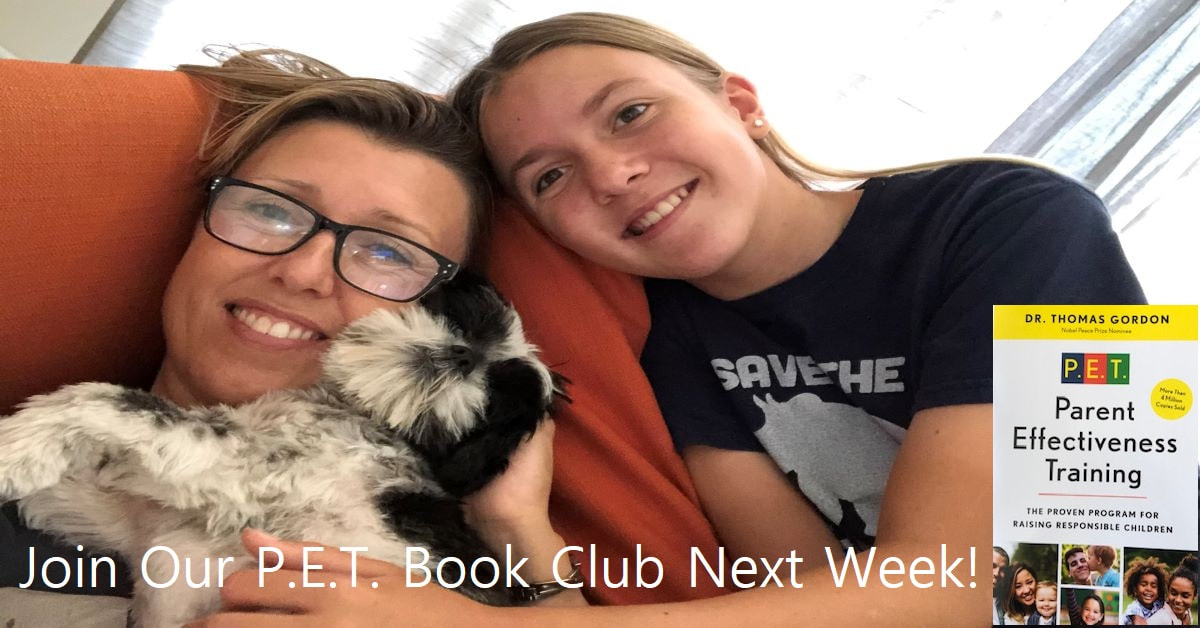In other words, siblings who grow up under the same roof with the same parents are not more alike / different than those who grow up in different homes with different parents. This finding shows that parenting is not a predictor of how your children will turn out. I am guessing you're skeptical, so let me explain. Your parenting obviously influences your kids. BUT your parenting influences each of your children in VERY DIFFERENT ways. Your oldest child may become self-disciplined because of your strict parenting style while your middle child may become dependent on you because of the same strictness. Your daughter may grow up feeling a lack of structure because of your laissez-faire parenting approach while it helps your son fully express his creativity.
No wonder parenting experts can never agree on parenting advice. Whether to be strict or lenient, co-sleep or not, how many hours of screen time is too much etc. These disputes over what is right and wrong are never-ending because there is no one right answer. It depends on the individual needs of both parents and kids. Parenting is not injected into your child like a vaccine. Parenting is an interactive process between the parent and the child. This is what makes parenting so complex.
I would like to invite you to join my P.E.T. Book Club, to learn about the philosophy of Parent Effectiveness Training by Dr. Thomas Gordon. It is a program that does not believe in ready-made answers for parents. Instead, it acknowledges the differences in parents' values, styles, beliefs and preferences. All parents and kids are unique. Whether you have one child or many, it is the different needs of the parent and child that plays an enormous role in how you connect, interact and respond to challenging situations. Getting those needs met in a custom manner, satisfying to both the parent and each child, is what is at the heart of P.E.T.
Get Inspired! Join Our Online P.E.T. Book Club
ONLY $95 for this 6-week Online program
SPRING 2021 Schedule:
Tuesday evening Pacific Time
April 6th - May 11th 2021 (6 weeks)
8:15pm - 9:45pm Pacific Time
Wednesday evening Pacific Time
April 7th - May 12th 2021 (6 weeks)
8:15pm - 9:45pm Pacific Time
No wonder parenting experts can never agree on parenting advice. Whether to be strict or lenient, co-sleep or not, how many hours of screen time is too much etc. These disputes over what is right and wrong are never-ending because there is no one right answer. It depends on the individual needs of both parents and kids. Parenting is not injected into your child like a vaccine. Parenting is an interactive process between the parent and the child. This is what makes parenting so complex.
I would like to invite you to join my P.E.T. Book Club, to learn about the philosophy of Parent Effectiveness Training by Dr. Thomas Gordon. It is a program that does not believe in ready-made answers for parents. Instead, it acknowledges the differences in parents' values, styles, beliefs and preferences. All parents and kids are unique. Whether you have one child or many, it is the different needs of the parent and child that plays an enormous role in how you connect, interact and respond to challenging situations. Getting those needs met in a custom manner, satisfying to both the parent and each child, is what is at the heart of P.E.T.
Get Inspired! Join Our Online P.E.T. Book Club
ONLY $95 for this 6-week Online program
SPRING 2021 Schedule:
Tuesday evening Pacific Time
April 6th - May 11th 2021 (6 weeks)
8:15pm - 9:45pm Pacific Time
Wednesday evening Pacific Time
April 7th - May 12th 2021 (6 weeks)
8:15pm - 9:45pm Pacific Time



 RSS Feed
RSS Feed